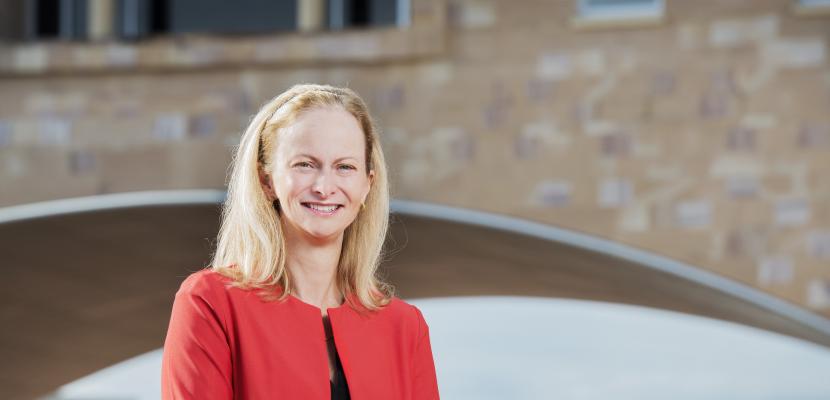
By Dr Peta Stapleton is a Clinical Psychologist and Associate Professor at Bond University.
Over the last few years, we’ve heard time and time again that 2020 and its many pandemic-related quirks made us stronger. But did it? And if it did, at what cost exactly?
As a society we’ve collectively been putting the concept of resilience on a pedestal for far too long.
Resilience is not something we're born with, it's built over time and is shaped by experiences – often negative ones, that equip us with the ability to overcome hardship.
Whilst there are occasions when having resilience is admirable, it shouldn’t be something we are proud of or striving towards.
Afterall, we don’t want to become overly tolerable of adversity.
At the heart of resilience is the claim that humans can recover and even grow in the face of adversity.
But this can result in acceptance of difficult or unpleasant situations or circumstances which can lead to a lower quality of life.
Even in 2022, when wellbeing and mental health are garnering the global attention they deserve, resilience is still a highly sought-after personality trait – both in the workplace and at home.
So, what’s an alternative to resilience? Hope.
Hope is the capacity to identify meaningful and attainable goals, and the steps and motivation required to achieve them.
We can introduce hope by sharing our thoughts, ideas, and dreams with the people around us. If you’re not entirely sure how to go about doing this, here are three ways to get you started.
1. Look back at past wins
What have you hoped for that’s come true? Maybe there’s been a win at work that you never fully celebrated, or perhaps there have been some small wins at home. Now’s the time to talk about them and remind yourself how those wins made you feel. We are constantly looking ahead to the next challenge or task to overcome each day, so we must take time to stop and smell the roses.
2. Give hope to others
The most sustainable hope is the kind you can spread. Focus on the people around you by providing support, appreciation, and encouragement. You will feel better, and so will they. You can also start working on a mutual goal together – something you can both be hopeful for.
3. Choose a hero of hope
Our heroes help inspire us. They remind us that the human spirit triumphs over adversity. And contrary to popular belief, heroes aren’t just for children. Take some time to think about people who you admire. We all need someone to look up to, so that we can continue to grow and become the best version of ourselves.
We are all going to face tough times. You might even be in one now. So, let’s leave resilience in 2020, and start helping each other hang onto hope. It’s time to put our mental wealth first.

